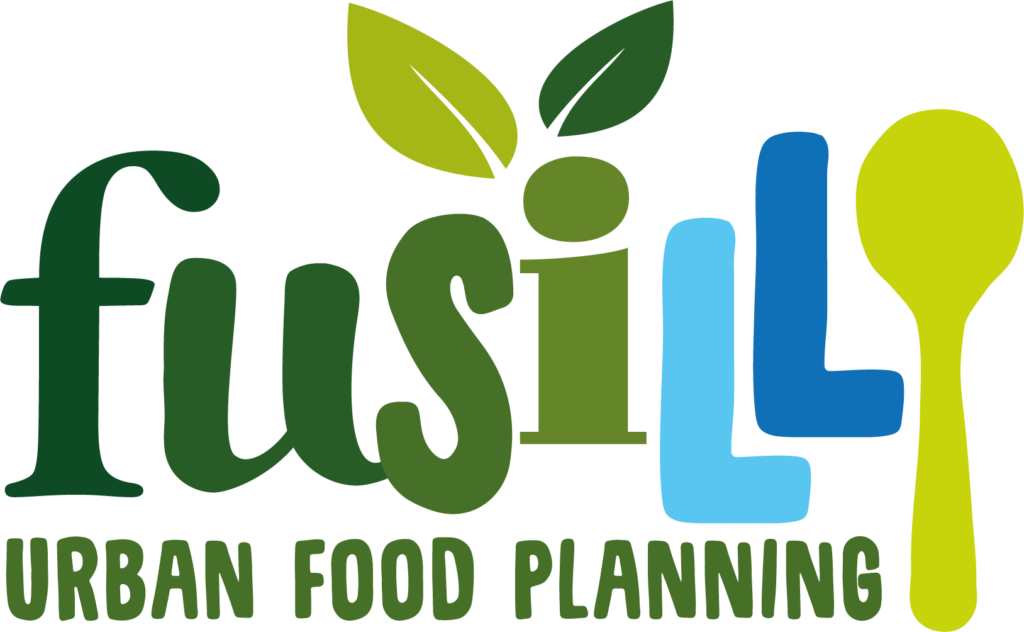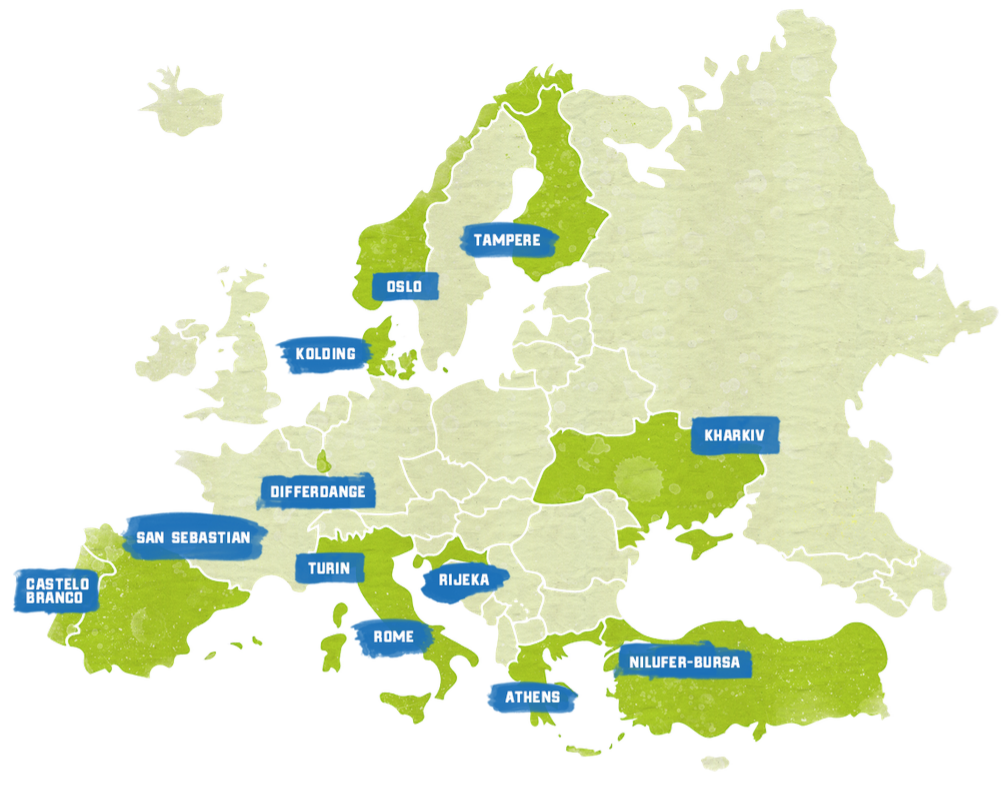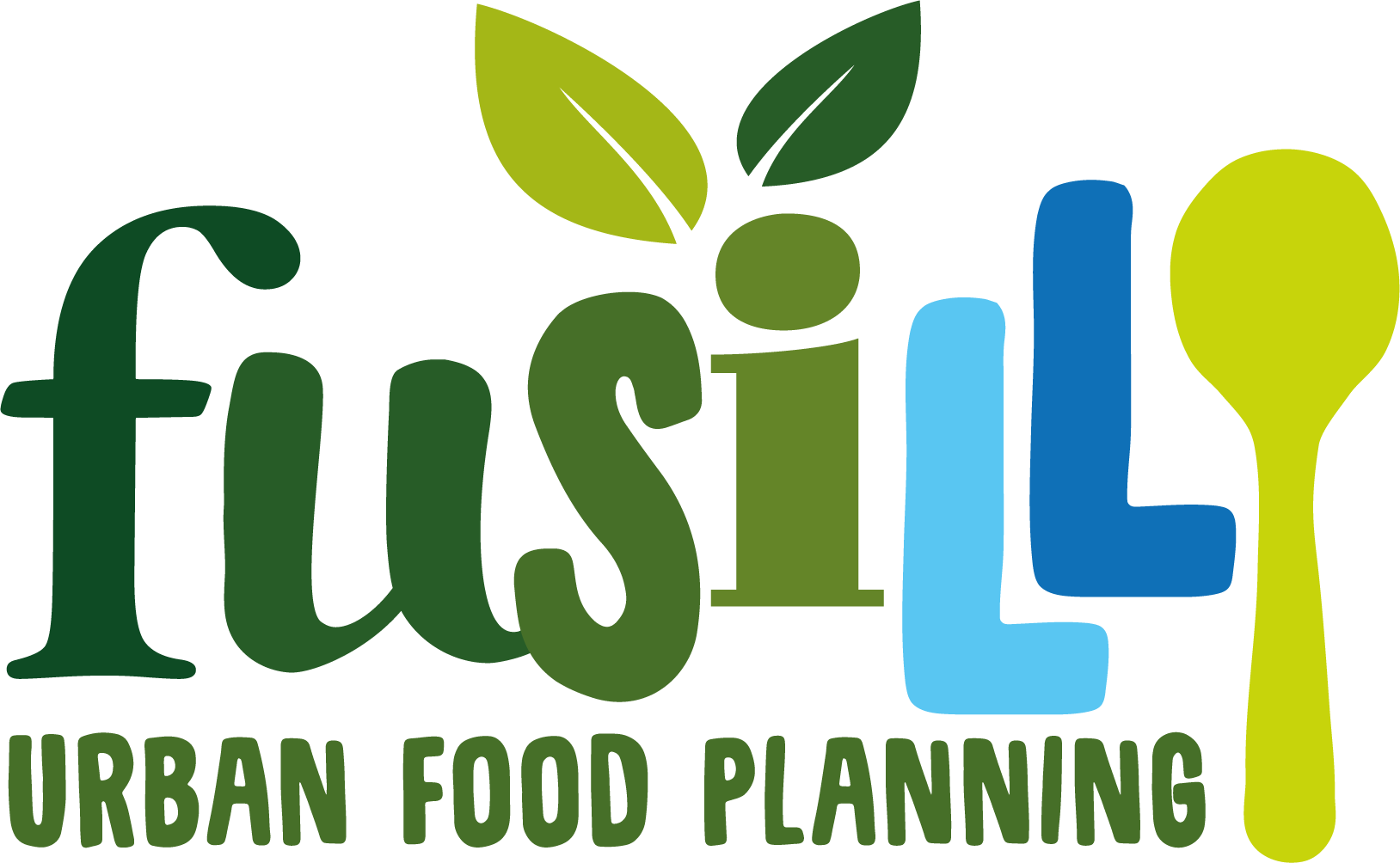SDU FoodLab was born as part of FUSILLI – Fostering the Urban Food System Transformation through Innovative Living Labs Implementation – and is evolving independently to embrace systems research, situated practices, design & policy on the intersection of soil, community, individual, and planetary health.

The core ambition of FUSILLI is to overcome barriers for developing and implementing integrated, systemic food policies that support the transition towards sustainable food systems in urban, peri-urban and nearby rural areas. To achieve this goal, FUSILLI puts 12 cities in a knowledge sharing and learning network to address the challenges of the food system transformation:

These cities will integrate food as a part of their urban-rural agenda and identify and create opportunities to transform food systems into sustainable, healthy and inclusive systems. Via an open knowledge community, cities will be empowered to implement innovative and personalized policies and actions, placing citizens in the heart of the process.
The foundation of FUSILLI will be the 12 Food 2030 Living Labs: Each city will develop a Living Lab as an open innovation ecosystem with the objective to implement different innovative actions through all stages of the food chain, including production and processing, distribution and logistics, consumption, food loss and waste, as well as governance. Through the FUSILLI Knowledge Community and supported through urban food plans, the partners will identify existing best practices and thus support participating Living Labs, related initiatives and policy makers in the development of sustainable food systems.
FUSILLI is a Food and Natural Resources project funded by the European Union’s Horizon 2020 Research and Innovation Programme under Grant Agreement No.101000717. Over a duration of four years, FUSILLI will focus on supporting cities to facilitate their transition towards more sustainable food systems, in line with the FOOD2030 priorities. To achieve this goal, FUSILLI project combines the expertise of 34 partners from 13 countries, including cities, universities, SMEs, NGOs, and industries.

